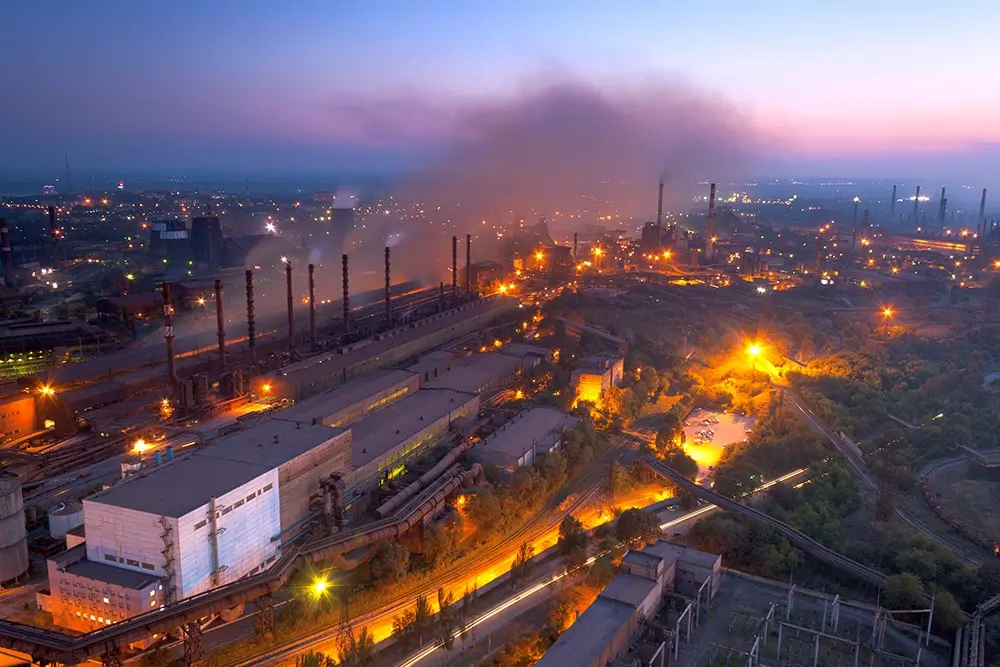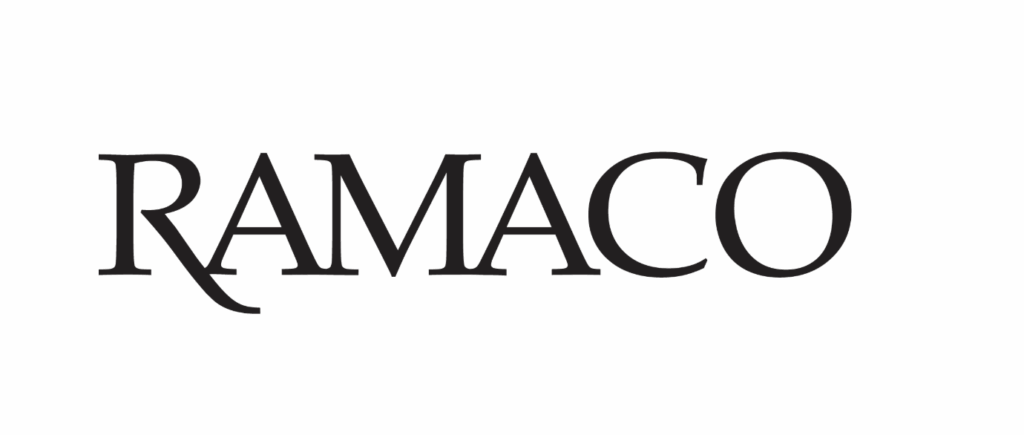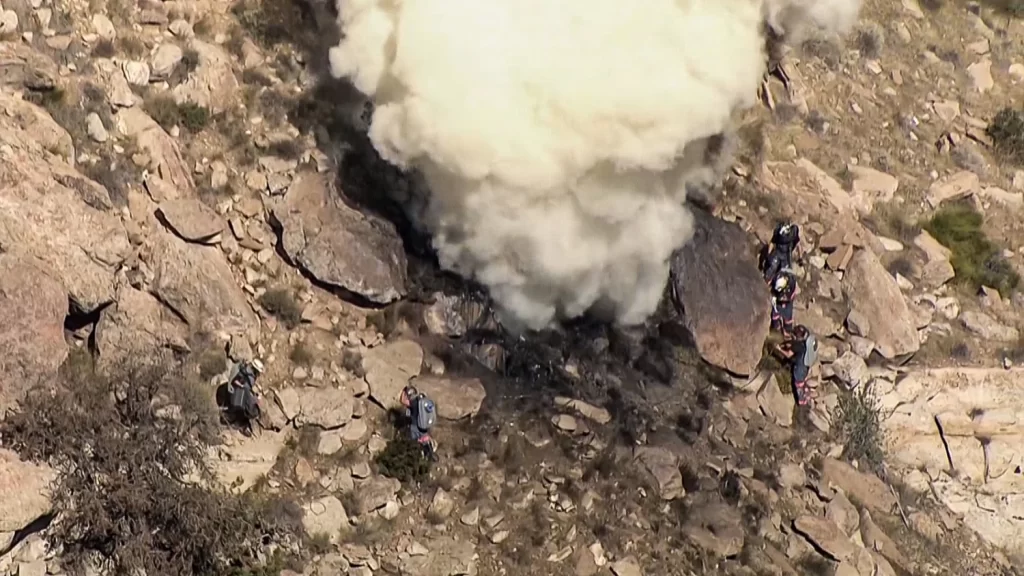As Russian forces close in on Pokrovsk, a vital supply hub in eastern Ukraine, the country’s steel industry faces a severe threat to its primary source of coking coal. Just 10 kilometers west of the town lies the Pokrovske coking coal mine – by many accounts essential for regional coke blends. With Russian troops now within 12 kilometers of the town, the loss of this mine could deal a severe blow to Ukraine’s metallurgical sector.
While Ukraine imports some coking coal, the Pokrovsk mine remains an essential domestic source. In 2023, Ukraine produced approximately 3.5 million tons of coke, much of which was derived from this mine. Oleksandr Kalenkov, head of the Ukrainian steelmakers’ association, warned that losing access to Pokrovsk’s coal could reduce steel output from a projected 10 million metric tons next year to as little as 2-3 million tons.
Steelmaking is one of Ukraine’s largest industries, second only to agriculture in generating hard currency. From January to August 2024, metal exports earned nearly $2 billion, making the sector crucial for the country’s economy amid the ongoing war. The availability of domestic coking coal helps maintain the competitiveness of Ukrainian steel exports, 66% of which are shipped abroad, primarily to the EU.
Although Ukraine could increase imports from the U.S. or perhaps Australia to replace lost domestic coal, this would significantly raise production costs. Importing coking coal in large quantities is logistically challenging, as Ukraine’s Black Sea ports are mainly configured for exports, not imports. Additionally, the ongoing military conflict in the region complicates the feasibility of safely importing enough coal to fully compensate for Pokrovske’s output.
Some steel producers, like ArcelorMittal Kryvyi Rih, have stockpiled coking coal as a precautionary measure, but long-term reliance on imported coal would drive up operational costs and reduce Ukraine’s global competitiveness. Moreover, alternative domestic sources of coking coal, while helpful, would not fully make up for the potential loss of Pokrovsk.
With 66% of Ukraine’s rolled steel products exported in the first eight months of 2024, maintaining a stable supply of coking coal is critical. The threat to Pokrovske is more than a local issue—it jeopardizes the health of Ukraine’s entire steel industry and its role in the economy, putting pressure on global supply chains and Ukrainian exports.









